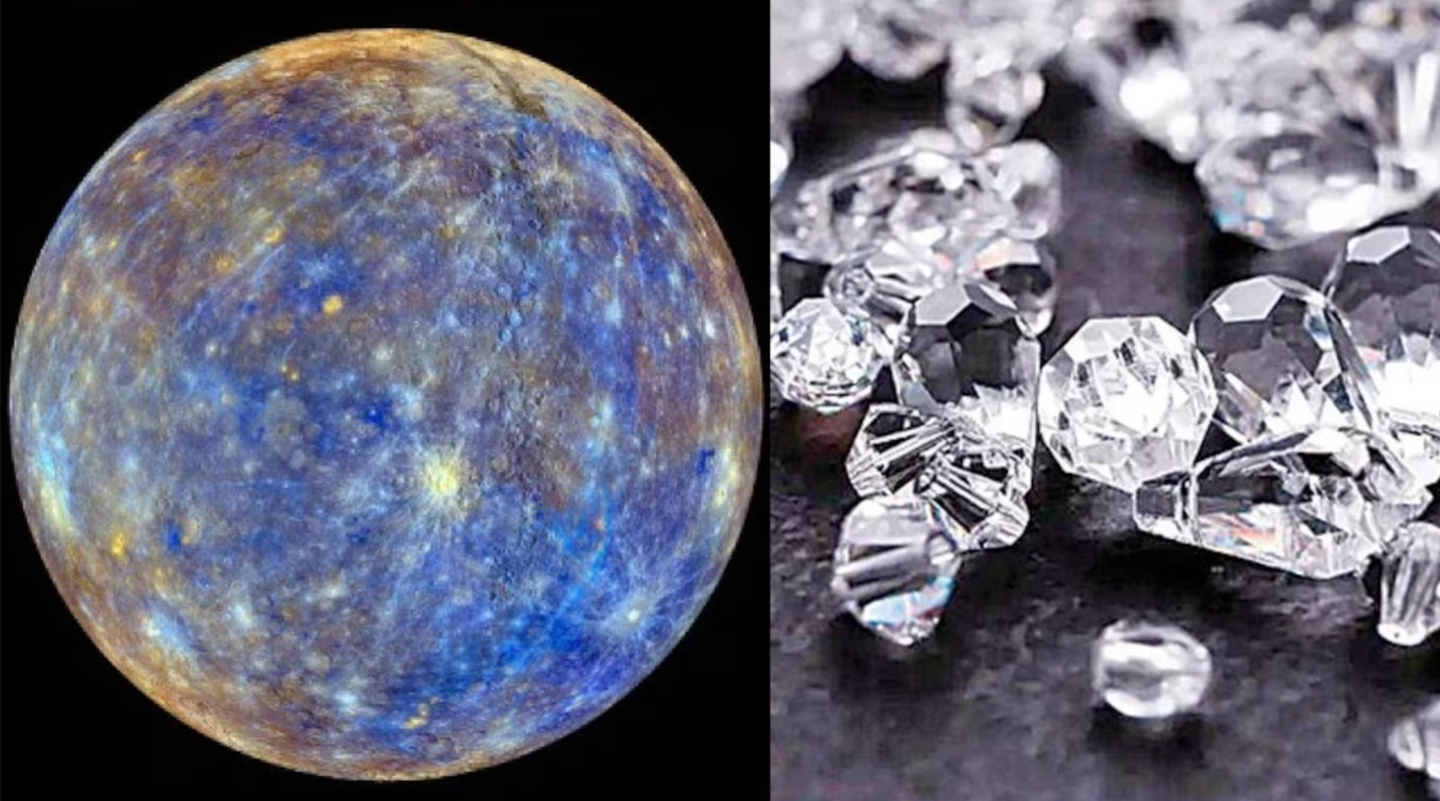Green bananas can prevent and reduce a wide range of cancers by over 60%
A pioneering study has discovered that resistant starch, which is prevalent in foods like oats and unripe bananas, can cut down cancer risk.

[July 6, 2023: JJ Shavit, The Brighter Side of News]
Activating the immune system at the site of a tumor can recruit and stimulate immune cells to destroy tumor cells. (CREDIT: Creative Commons)
A pioneering study has discovered that resistant starch, which is prevalent in everyday foods like oats and slightly unripe bananas, can drastically cut down the risk of numerous forms of cancer. The trial, named CAPP2, included nearly a thousand participants worldwide who have Lynch syndrome, and was spearheaded by professionals from the Universities of Newcastle and Leeds.
According to information from Cancer Research UK, Lynch syndrome, a condition instigated by a genetic defect, impacts roughly one out of every 300 individuals in the UK. This genetic anomaly heightens the chances of developing bowel, womb, and ovarian cancer, among others.
Individuals diagnosed with Lynch syndrome carry as much as an 80% lifetime probability of developing colorectal cancer, and they are also susceptible to other forms of cancer at earlier ages compared to the average person.
Research findings indicated that the consistent intake of resistant starch, also recognized as fermentable fibre, over an average span of two years, did not exhibit a discernible impact on colorectal cancers. However, it significantly reduced the occurrence of cancers in other regions of the body by over 50%.
Related Stories
The impact was especially noticeable in cases of upper gastrointestinal cancers, such as those of the oesophagus, stomach, biliary tract, pancreas, and duodenum. Remarkably, this effect persisted for a decade after the study participants discontinued the supplement.
This study, which was featured in the journal Cancer Prevention Research, followed a double-blind methodology and was designed to monitor progress for 10 years. Furthermore, it was supplemented with extensive data from a national cancer registry spanning up to 20 years for 369 of the participants.
Resistant Starch and Cancer Risk
Resistant starch is a type of carbohydrate that is not digested in the small intestine; instead, it ferments in the large intestine, feeding beneficial gut bacteria. It acts, in effect, like dietary fibre in the digestive system. This type of starch has several health benefits and fewer calories than regular starch.
Leaders of the CAPP trial (L-R) Profs Tim Bishop, Sir John Burn and John Mathers. (CREDIT: Newcastle University)
According to Professor John Mathers, Professor of Human Nutrition at Newcastle University, “We think that resistant starch may reduce cancer development by changing the bacterial metabolism of bile acids and reducing those types of bile acids that can damage our DNA and eventually cause cancer. However, this needs further research.”
"We found that resistant starch reduces a range of cancers by over 60%. The effect was most obvious in the upper part of the gut. This is important as cancers of the upper GI tract are difficult to diagnose and often are not caught early on."
Trial profile showing distribution of participants by randomisation group and length of follow-up together with counted outcomes of cancer diagnoses among participants; CRC, colorectal cancer; LS Ca, Lynch syndrome associated cancers (other than colorectal cancer). (CREDIT: Newcastle University)
The trial also revealed that aspirin reduced the risk of cancer of the large bowel by 50%, which has led to NICE (the National Institute for Health and Care Excellence) recommending aspirin for people at high genetic risk of cancer.
The CAPP2 Trial
Between 1999 and 2005, nearly 1,000 participants began taking either resistant starch in a powder form every day for two years, or aspirin or a placebo. At the end of the treatment stage, there was no overall difference between those who had taken resistant starch or aspirin and those who had not. However, the research team anticipated a longer-term effect and designed the study for further follow-up.
Time to first colorectal cancer and time to first non-colorectal cancer Lynch syndrome cancer in all CAPP2 study participants followed up for 10 years and for 20 years in England, Finland, and Wales. Cox proportional hazards (HRs and 95% CIs) comparing those on Resistant Starch vs. those on placebo and depicted by Cumulative incidence curves (n = 918). (CREDIT: Newcastle University)
During the follow-up period, there were just five new cases of upper GI cancers among the 463 participants who had taken resistant starch compared with 21 among the 455 who were on the placebo.
Professor Tim Bishop, at the University of Leeds, who also ran the trial said, “The results are exciting, but the magnitude of the protective effect in the upper GI tract was unexpected, so further research is required to replicate these findings.”
A trial in people at high risk of hereditary cancers has shown a major preventive effect from resistant starch, which is found in foods such as oats, breakfast cereal, cooked and cooled pasta or rice, peas, beans, and slightly green bananas. (CREDIT: Creative Commons)
Professor Mathers said: "Resistant starch can be taken as a powder supplement and is found naturally in peas, beans, oats and other starchy foods. This type of starch has several health benefits and fewer calories than regular starch. We think that resistant starch may reduce cancer development by changing the bacterial metabolism of bile acids and to reduce those types of bile acids that can damage our DNA and eventually cause cancer. However, this needs further research."
The team is now leading the international trial, CaPP3, with over 1,800 people with Lynch syndrome enrolled to investigate whether smaller, safer doses of aspirin can be used to help reduce the cancer risk.
The research is funded by Cancer Research UK, the European Commission, Medical Research Council and the National Institute for Health Research.
Note: Materials provided above by The Brighter Side of News. Content may be edited for style and length.
Like these kind of feel good stories? Get the Brighter Side of News' newsletter.



